We are celebrating the 10-year anniversary of Debats d’Educació by giving the educational community the opportunity to air its views
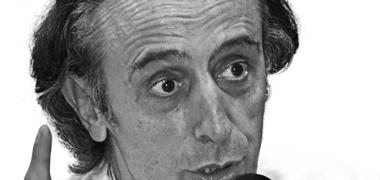
I am a sociologist and a professor, with an interest in education, inequality and the information society. It would appear that I am angry, but I am just surprised.
The three things I’ve learned
Lay teachers for a human community who are familiar with the multicultural backgrounds of pupils
In a globalized world, which means one that is densely interconnected and interdependent beyond political boundaries, and multicultural and mestizo within them, educators must rebel against their traditional role as instruments in constructing any exclusive and excluding collective identity (be this a nation, old or new, or any other territorially based community, or ethnic group, in any of its forms). This means, in the first instance, imparting an education that is moral from a civic perspective, lay and indifferent to religious or other dividing lines; secondly, a cosmopolitan tension, with a focus that is simply humanist, based on the equality and dignity of all human beings; thirdly, the determination to learn about and to recognize specific cultures – including those of the pupils – that differ from the dominant culture (in Spain, in particular, the regional cultures, the cultures of the gypsy people and of the Islamic and Andean immigrants who have arrived in large waves).
Teachers who can act as guides in an environment of diffuse learning, distributed education and networked schools
In an information-rich, digital world, teachers cannot remain anchored in the information technologies and the learning that led to school as an institution, reading and writing, the book and the lesson, nor can they become an impediment to mastering the new technologies for the sake of the good old days. Teachers must be capable of detecting, accompanying, stimulating and orienting diffuse learning (learning that is ubiquitous, permanent, peer-to-peer, decentred, deinstitutionalized, but also unstructured and erratic), which opens the door to the new media, networks and technologies, when informal and non-formal education are expanding more quickly than formal education. It is not necessary, nor is it possible for teachers to travel further down the technological road than their pupils, but they should know how their pupils can make this journey and where they can get to; as professionals, they should also be active learners; they must be capable of working in collaboration with the community around them, the communities of interest to their pupils and their own community of practice.
Responsible and enterprising professionals who are not just part of the landscape: they are part of the solution, not the problem
In a world that is rapidly changing and whose meaning is unclear, being an educator is neither easy nor within the reach of everyone. Our predecessors had the task of ushering pupils – most of whom had been born in the traditional society – into the modern age, an age in which they themselves were a product without a future. The teachers of today and tomorrow have to introduce pupils to a world in which they themselves have not been educated and which they find it hard to imagine. This requires a training that is broader and more solid than today’s extremely weak studies to become a teacher; more professional (focused on the role of educating) than today’s preparation which graduates find so remote; and more up to date than the training of civil servants who are protected from social control and freed of responsibility. This training must also be linked with more rigorous selection procedures and greater recognition. Accordingly, an attitude of individual commitment, autonomy and self-training is required: teachers must rise to the task, rather than wait for solutions.






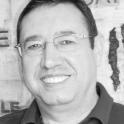
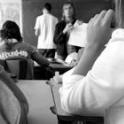
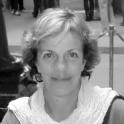

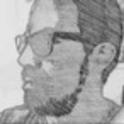
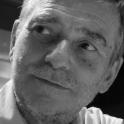
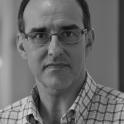


 The texts published on this website are, unless otherwise indicated, covered by the Creative Commons Spain Attribution 3.0 licence. You may copy, distribute, transmit and adapt the work, provided you attribute it (authorship, journal name, publisher) in the manner specified by the author(s) or licensor(s). The full text of the licence can be consulted here:
The texts published on this website are, unless otherwise indicated, covered by the Creative Commons Spain Attribution 3.0 licence. You may copy, distribute, transmit and adapt the work, provided you attribute it (authorship, journal name, publisher) in the manner specified by the author(s) or licensor(s). The full text of the licence can be consulted here: